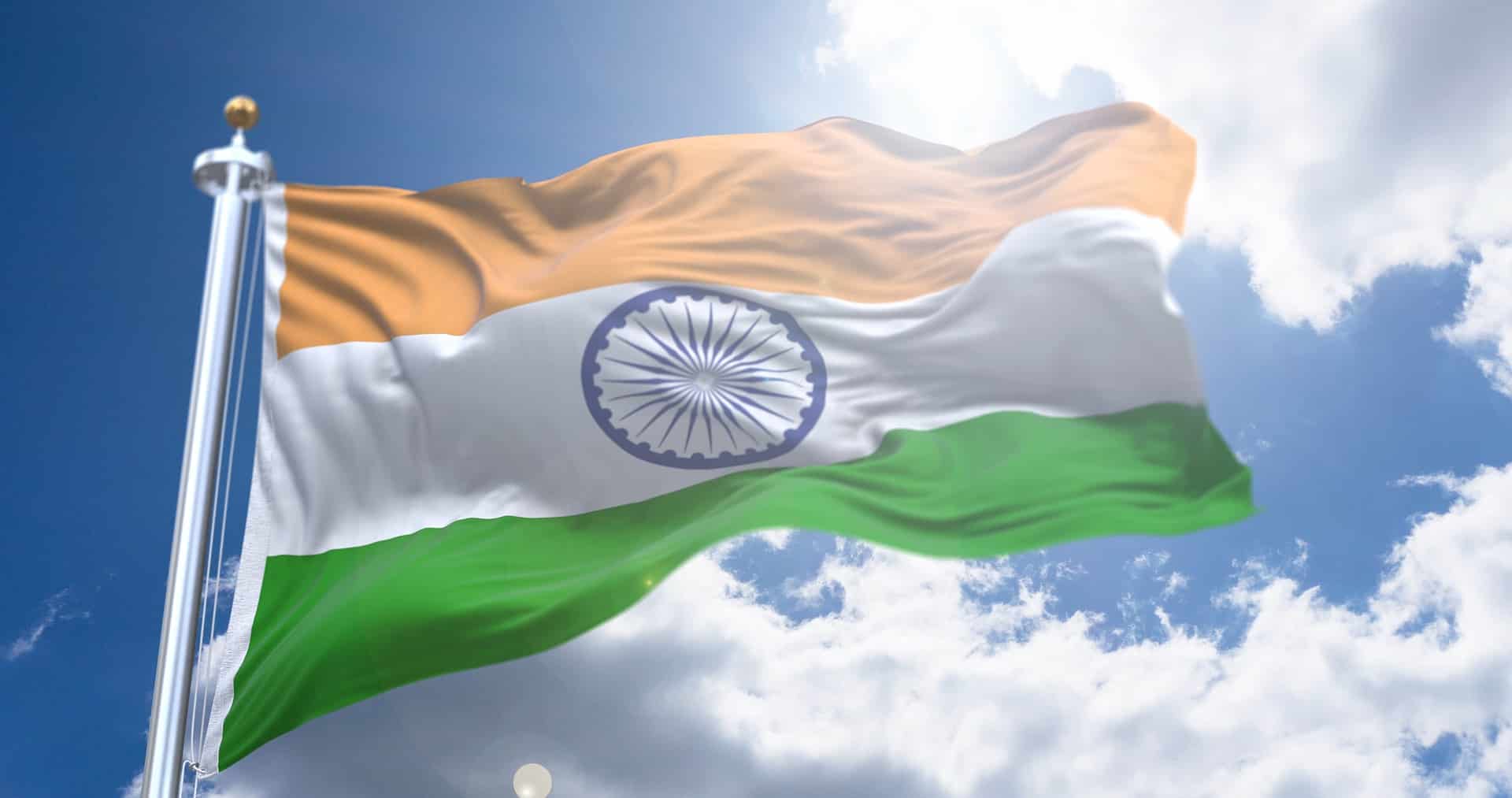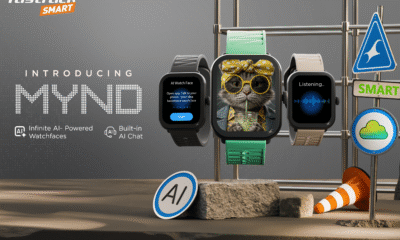Business
India’s B2B General Trade Market to reach $1.2 Trillion by 2030: Redseer
At 84 percent, India holds the largest share in general trade when compared to developed nations, including the US and the UK. In our country, which has over 8000 towns and 665k villages where the bulk of the population resides, there are multiple barriers to organized brick-and-mortar adoption. It is the unorganized GT channel that is driving India’s retail market and will continue to grow, doubling in size from $0.7 tr to $1.4 tr by 2030, finds a report by Redseer Strategy Consultants.
It is further projected that the B2B GT opportunity in India will reach ~$1.2 trillion by 2030, with eB2B coming up as a promising digital procurement solution.
India’s B2B eCommerce market is one of the fastest growing in the world and international benchmarks indicate that the eB2B market will reach $90-100 Bn GMV by 2030 influenced by multiple favourable factors.
“While manufacturers have limited competitive threat, the eB2B channel is also helping retailers and brands solve multiple problems in their day-to-day business,” said Mrigank Gutgutia, Partner at Redseer. India’s eB2B market has scope for multiple models but, multi-category play with wide category coverage and national coverage is likely to win. eB2B is projected to reach $90-100 Bn GMV by 2030 owing to a humongous opportunity,” he added.
The Redseer report observes that while it is at an early stage right now, given low adoption in lower city tiers and small stores, eB2B is emerging as a strong digital procurement solution. The report also sheds light on how eB2B platforms have been able to effectively resolve some of the pressing pain points, such as higher prices, no credit option, untimely delivery, and low quality of products, among others. Credit, efficient & high supply quality of products, and FoS assistance are some of the critical offerings of eB2B platforms for Indian retailers. eB2B players are solving these challenges via a more streamlined supply chain.
eB2B has already captured a fair wallet share of the offline market, and retailers are confident about increasing their spending soon. The report further suggests that approximately 50% of the non-users are willing to shift to eB2B platforms in the coming year.
India’s eB2B market is comprised of multiple players who differ in terms of their city presence and the range of retail categories they cover. While the regional market is generally restricted to metros and top Tier 1 cities, the national market implies a presence across the country. Owing to higher opportunity size, adoption and engagement, multi-category national players are best placed to win in this market. With these advantages, among eB2B players, Udaan is emerging as the clear leader, followed by Jiomart.
In order to access underserved markets, brands are turning increasingly to eB2B, either as an addition to their current distribution network or as a replacement for ineffective traditional distributors.
Even established brands with their own eB2B initiatives do not consider 3P (Third party) eB2B a threat, given the difference in scale and significant value add of 3P eB2B. For manufacturers, traders, dealers, wholesalers, and retailers, implementing a digitized and automated supply chain ecosystem using platform-driven techniques has become essential for business growth. With better retailer-serving capabilities at a wide scale, the eB2B platforms could assist both established and emerging brands in achieving the needed scale.
At scale, eB2B platforms are likely to have an ROI of 50%+, much superior to offline retail as well as cash & carry formats. In particular, the ones with multicategory revenue have a better margin. While the EBITDA margin post VAS revenue stands at 3-5% for the eB2B grocery vertical and 5-7% for the discretionary vertical, under multi-category it stands at 6-8%. However, getting the category mix is critical to boosting margin profiles.
The future will see a shift from unorganized trade to organized digital trade while rallying for emerging brands to scale in India, making eB2B a de-facto channel for brand marketing & ad spend, and a holy grail for retailer insights & data intel. All this and more will enable stable growth for eB2B at scale.










































